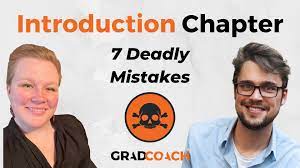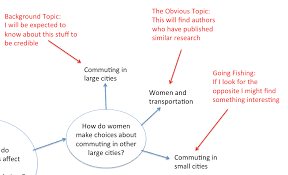7 common mistakes people make writing introductions
Introducing structuralism to the world can be a daunting task. There are so many different interpretations and applications of this theory that it can be easy to make mistakes when writing an introduction. Here are seven tips to help you avoid common pitfalls.
1. Make sure your introduction is clearly focused. Don’t try to cover too much ground in one sentence or you risk confusing your readers. Make sure each paragraph builds on the previous one, leading up to a clear thesis statement or main point.
2. Use concrete examples to illustrate your points. When explaining how structuralism applies to literature, for example, use specific examples from well-known authors such as James Baldwin and Toni Morrison. This will help your readers understand what you’re talking about and provide context for later readings.
3. Be clear about the terminology you’re using. Terms like “form,” “text,” “signifier,” and “symbolic order” can be tricky for nonspecialists to understand, so be sure to define them clearly when introducing structuralism into your discussion.
4. Avoid jargon if possible; it’ll only alienate readers who may not be familiar with the theory behind it. And finally, don’t forget the basics – keep your introduction short and sweet without sacrificing important information!
youtube crash course literature pride and prejudice
1. Forget to introduce your thesis or main point: A clear and concise introduction is the first step in convincing the reader to keep reading. Make sure you clearly state what your essay is about, and why it’s important.
2. Don’t ramble on: Keep your introduction concise, but also make sure that all of your points are well-stated and logically connected. Try to avoid beginning every sentence with “And then,” “In conclusion,” or other transitional phrases.
3. Don’t use too many adjectives: Use only necessary descriptive words to paint a vivid picture in the reader’s mind. Oftentimes, using too many adjectives can make an introduction sound cloistered and removed from the reality of daily life.
4. Get to the point: Many introductions wander aimlessly, droning on about irrelevant matters before finally getting around to their main points. Be sure to state your main argument as succinctly as possible, and then back it up with evidence and examples.

5. Stick to neutral language: When introducing a topic that could potentially offend some readers, be sure to use language that is neither overtly inflammatory nor condescending. Avoid using words like “good” or “bad” when discussing people or ideas; these loaded words can only incite conflict instead of discussion.
6. Use proper grammar and punctuation: Even a well-written introduction can be ruined by poor grammar or incorrect punctuation marks. Make sure you
identifying theme in literature youtube
Many aspiring authors make the common mistake of trying to tell their entire story in the first sentence or two of their introduction. Introducing your novel by summarizing its key events or revealing the main characters can be a helpful way to pique the reader’s interest, but it’s important not to overdo it. Try to give just enough information so that the reader knows what they’re getting into without bogging them down with unnecessary backstory.
Another common mistake is failing to create a clear and compelling thesis for your work. If you can’t succinctly state why your story matters, then why should anyone read it? It’s also important not to rely on clichés or recycled ideas. If you’ve written a book about a young girl who discovers her magical powers, don’t rehash that plot point in every sentence. Instead, explore new ways to tell that story and prove why it matters.
Finally, don’t let your writing be dictated by your grammar and spelling mistakes. If you’re not sure how to word a particular sentence, don’t hesitate to ask a friend or Google search for help. But realize that these mistakes are indicative of carelessness rather than skill, and try not to make them too frequent or noticeable. A little bit of editing goes a long way in improving your writing skills overall.


